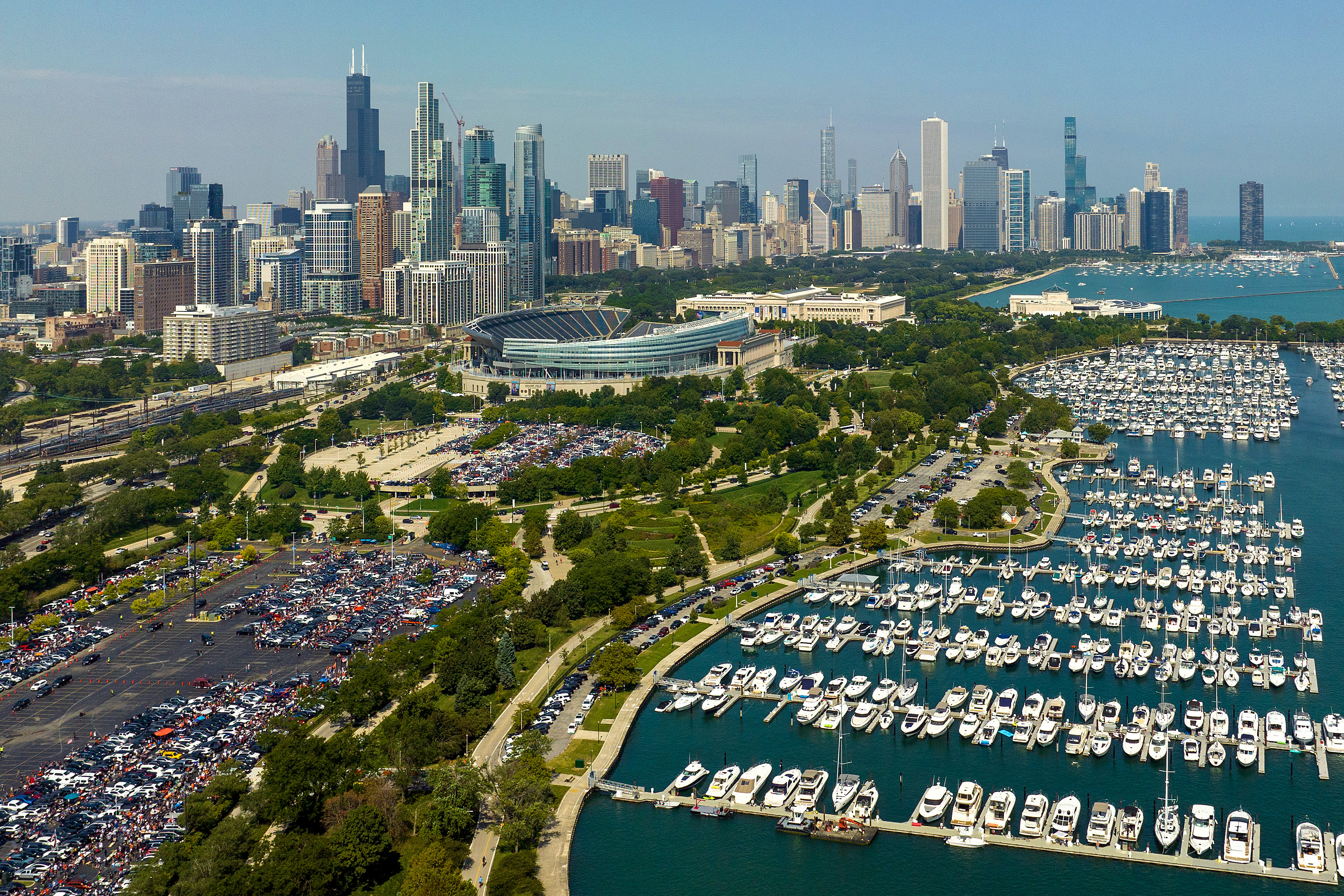With the BA.2 omicron subvariant still accounting for new COVID-19 cases and another subvariant gaining momentum, concerns have arisen about rising metrics across the Chicago area.
Illinois as a whole has seen an increase in COVID cases recently, with cases up nearly 30% over the last seven days, according to the Illinois State Department of Public Health.
Metrics have reached a point where nearly all Chicago-area counties have been elevated from "low" to "medium" COVID-19 community level status. The COVID situation is especially troubling in one suburb, which is at a "high" community level status.
With more cases occurring and the risk of infection growing, what should you know if you get infected? Specifically, how long are you contagious and how long should you quarantine or isolate?
Feeling out of the loop? We'll catch you up on the Chicago news you need to know. Sign up for the weekly Chicago Catch-Up newsletter here.
Here's the latest information from the Centers for Disease Control and Prevention:
The CDC late last year shifted the time for COVID-19 quarantine and isolation to reflect growing evidence that suggests transmission, specifically from the omicron variant, often occurs one to two days before the onset of symptoms and during the two to three days afterward.
For those without symptoms, CDC guidance states they are considered contagious at least two days before a positive test. The CDC states that anyone who may have been exposed to someone with COVID should test five days after their exposure, or as soon as symptoms occur.
Local
According to earlier guidance, COVID symptoms can appear anywhere from two to 14 days after someone is exposed to the virus.
For most patients, symptoms appear to last three to five days, said Dr. Rahul Sharma, the emergency physician-in-chief at the NewYork-Presbyterian/Weill Cornell Medical Center.
"A lot of these patients are not having the symptoms for the 10 to 12 days that I saw when there were no vaccinations," he previously told NBC News. The doctor noted that, in general, symptoms appear to be shorter and milder in the vaccinated compared to the unvaccinated.
Under CDC recommendations, those who have been within six feet of someone with COVID for a cumulative total of at least 15 minutes over a 24-hour period should quarantine for five days if unvaccinated, or if they are more than six months out from their second vaccine dose.
Once that period ends, they should partake in strict mask use for an additional five days.
Individuals who are both fully vaccinated and boosted do not need to quarantine if they are a close contact of someone with COVID, but should wear a mask for at least 10 days after exposure. The same goes for those who are fully vaccinated and not yet eligible for their booster shot.
People who are positive for COVID should stay home for five days, according to guidance.
At the end of the period, if you have no symptoms, you can return to normal activities but must wear a mask everywhere — even at home around others — for at least five more days.
If you still have symptoms after isolating for five days, stay home until you feel better and then start your five days of wearing a mask at all times.



